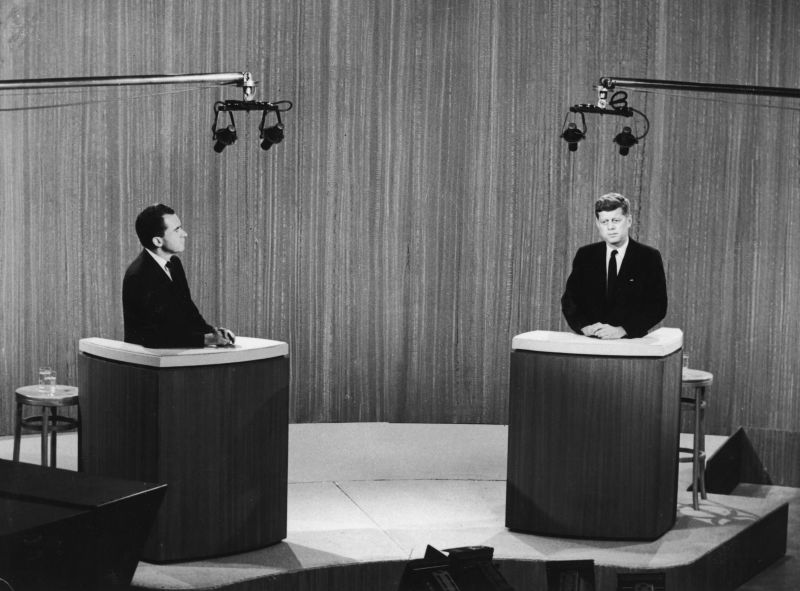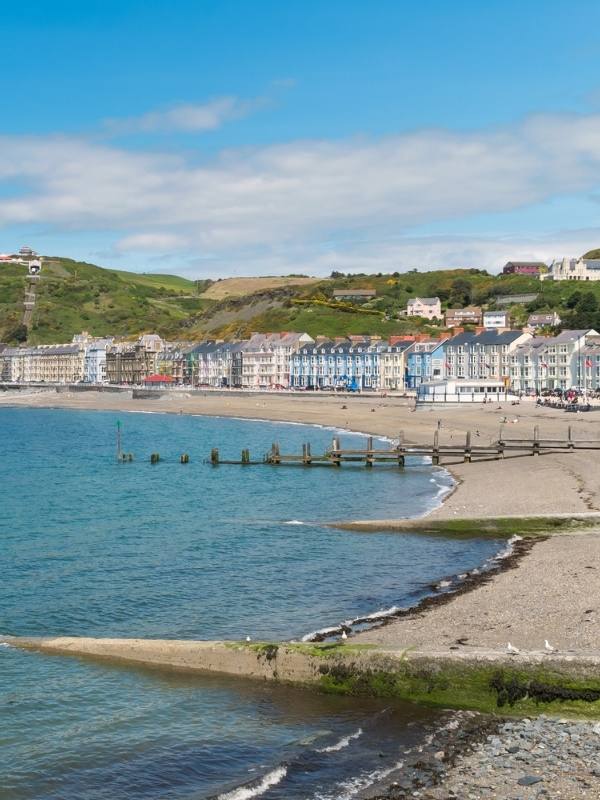

During this period it was acknowledged that Ideas needed to be connected to action. This was central to Rick’s political philosophy. These theoretical developments were connected to a social and political engagement with the working class. Marxism had to be reinterpreted to create space for human agency. This included a critique of structuralist Marxism. The ‘Durban moment’ also reflected a profound political change generated by the renaissance of Marxist theory. Reflecting on the tensions and contradictions of above ground organising work and an underground armed struggle campaign, Webster assessed the situation The state was not a passive onlooker and as things got tight In the midst of this revival of organised labour from the nadir of the repression of the South African Congress of Trade Unions (SACTU) in the early 1960s the African National Congress (ANC) and South African Communist Party (SACP) stepped up their underground activities. By 1975, momentum built on all these fronts: workers were being organized into new unions through the GFWBF and these emergent organisations were being shaped by these new ideas transmitted though seminars. The Bulletin became a forum research on the democratic labour movement. The group also became involved in the establishment of the South African Labour Bulletin as a vehicle to advance these leadership ideas. Because of his banning, Turner remained in the background and Webster, Erwin and others were involved in a series of seminars at Red Acres farm, a Catholic Church property near Howick where these ideas were presented and debated with factory workers. Webster, Turner and others in IIE were committed public intellectuals who sought to ensure that ideas were not dormant in libraries.

In February 1973 mass strikes erupted impacting across the city as workers abandoned factories, marching impi-like down the streets of the industrial areas, singing and chanting. Workers were coming in numbers to Bolton Hall to join the GFWBF Within six months, 9,000 workers had been recruited expanding to 27,000 inside a year, figures which give an indication of black workers’ mood.

This cultural change intersected with a new independent organisation of workers, which gained further momentum from this ferment. Students became inspired by a new working class politics founded on a vision of a democratic and participatory socialism. Richard Turner inspired students who used the integration of Christian ethics and Marxist theory to demonstrate how the vision of the historical Jesus centred on a notion of the intrinsic value of the person. This discourse became influential in workers politics and students. Although the capacity for social movements to impose change appeared to be impossible, this dyer situation spawned a movement which forced the apartheid regime to the bargaining table. 15 Cable Girls (Las Chicas Del Cable) - 7.During the early 1960s, civil society was disempowered and social movements were repressed. The 1920s seem particularly glamorous and attractive, but the truth is that they're just as tumultuous as the 2020s, reflecting injustices that are still present in the world today. Period dramas are particularly popular, especially when the world seems like it's buried a little too deep in social upheaval when all consumers want to do is escape to another time. Streaming is now officially king, and the major platforms seem to be rolling out new productions without pause. Updated on March 21st, 2021 by Svetlana Sterlin: Just when it seems that every aspect of a certain era has been explored on screen, a new period drama is released that offers a fresh perspective from a different point of view. It was a time of unprecedented change with a distinct cultural edge - the era is also known for Art Deco and the iconic flapper. The excitement and rebellion of this era continue to be prominent features in popular culture. The 20s are frequently the inspiration or setting for period dramas, exploring stories about flappers and bootleggers, fading aristocrats, and empowered workers. RELATED: The Top 10 BBC Period Dramas Of All Time In Britain, deference toward the aristocracy began to crumble, blurring the lines between class distinctions. Prohibition in the United States created a black market for alcohol that was a boon to organized crime. Women won the right to vote and entered the workforce in greater numbers. The 1920s, also known as the Roaring Twenties or the Jazz Age, were a period of great social and political change.


 0 kommentar(er)
0 kommentar(er)
